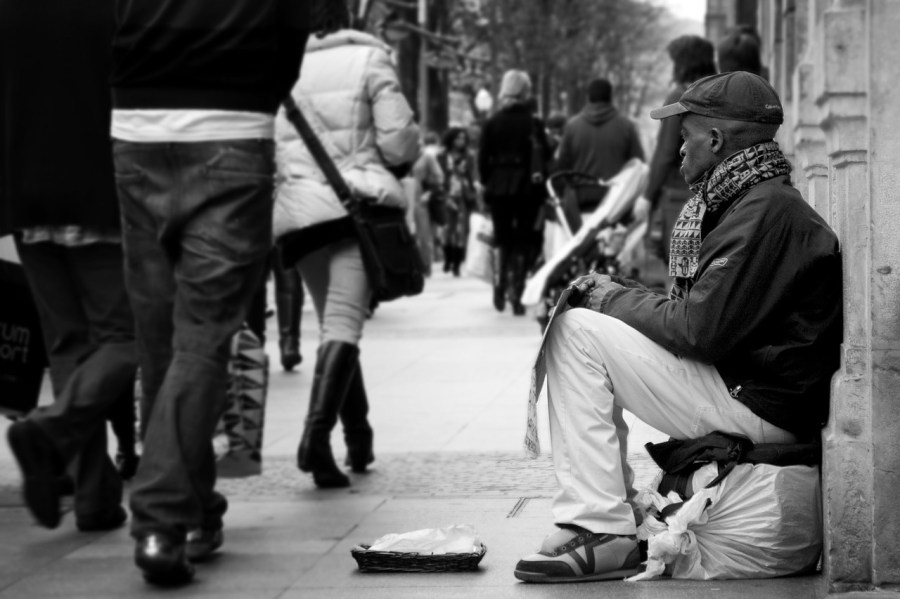In Psychology, a Theory Can Best Be Characterized as:

Ethics is the co-operative of philosophy that deals with morality and how it shapes beliefs. Dissimilar branches of the study of ideals wait at where our views of morality come up from and how they shape our everyday lives. There are four major ethical theories: deontology (or duty), utilitarianism, rights, and virtue. Each one of these theories looks at our ethical behavior in different ways.
Deontology
The theory of deontology states that when we have to make ethical decisions, our showtime thoughts are on our duties and obligations. Co-ordinate to this theory, what nosotros believe our duties are will drive how we deed in different situations. For instance, nosotros may make a decision based on following the police or based on our loyalty toward friends or family members.A
The biggest hole in the theory of deontology is that at that place's no standard for what a person's duties and obligations are. Philosophers who don't agree with this theory believe that anybody's duties are unlike, so there's no style to know what drives a person to brand a particular decision.
U tilitarianism
According to the theory of utilitarianism, people choose their actions based on how their decisions volition benefit the well-nigh people. Yous brand a decision that will be all-time for everyone involved. There are two sides to this theory. Human action utilitarianism says y'all will brand decisions based on helping others, while rule utilitarianism says you volition act out of fairness.
Those who don't agree with this theory believe that nobody can predict outcomes, and then we tin't know what the benefits of our deportment will be. Comparing consequences tin can exist hard, so some philosophers say that we tin can't truly make utilitarian decisions.
R ights
The rights theory of ideals says that people make decisions based on the rights that their club agrees to. What the bulk of people in that society believes is important will drive decisions. For example, the rights we Americans take in our Constitution should be factors in our decision-making co-ordinate to this theory. Our rights, such as freedom of speech and freedom of religion, should help us decide how to behave.
People who don't agree with this theory believe that a social club's rights are also complicated to figure out. They say information technology'southward as well hard to tell what most people recollect is of import to the whole lodge, then it'southward a messy idea to base decisions on. Societies that don't have written laws like our Constitution make this theory less believable, co-ordinate to some philosophers.
V irtue
The upstanding theory of virtue states that we can judge a person's decisions based on his or her character and morality. The manner someone lives his or her life can explain whatever ethical decision according to this theory. For example, a person who lies and cheats to get alee in life probably makes decisions based on advancing his or her ain interests according to the virtue theory.
The biggest hole in this theory is that people can modify their moral grapheme, and the theory doesn't accept changes in morality into account. The virtue theory puts people in boxes based on their reputations at one point in time.
C onsequential Ethics
These iv theories autumn into one of ii categories. The commencement one, consequential ethics, states that outcomes make up one's mind ethical decisions. Therefore, the result of a situation makes that conclusion OK. For example, it'southward upstanding for yous to tell a white prevarication if it achieves what you need or desire it to.
The theory of utilitarianism falls into this category considering the benefit of decisions is the biggest gene. The virtue theory can fit into consequential ethics because a person's reputation tin exist based on the consequences of his or her decisions.
N onconsequential Ethics
Nonconsequential ethics is the other side of the coin to consequential ethics. It says that people base their decisions non on the result merely on the values and beliefs that they hold deeply. In nonconsequential ethics, you'll determine on a state of affairs based on what you believe rather than what may happen. For case, you won't lie in a state of affairs if you believe that honesty is of import.
The theory of deontology falls under this type of ideals because people make decisions based on their duty to those around them. Likewise, the rights theory belongs in this category because the rights that society holds dear are important over any other factor. Virtue could also fit here because people of high moral character can decide based on their values.
Source: https://www.reference.com/world-view/four-major-ethical-theories-fe06344fe488fa54?utm_content=params%3Ao%3D740005%26ad%3DdirN%26qo%3DserpIndex
0 Response to "In Psychology, a Theory Can Best Be Characterized as:"
Post a Comment